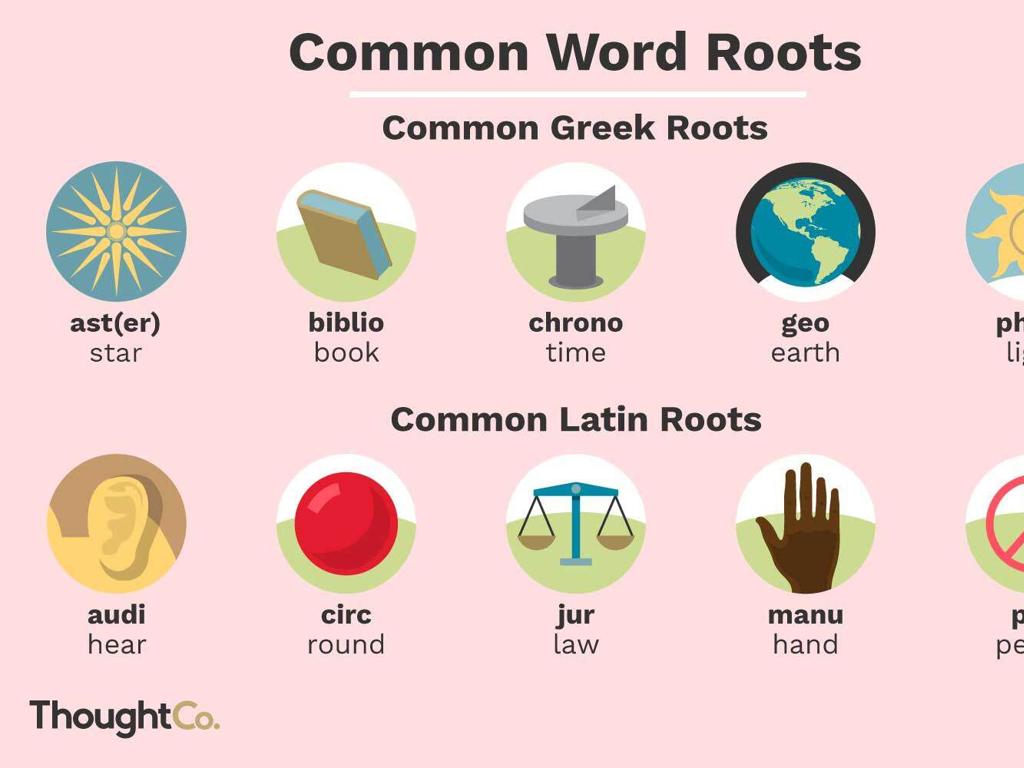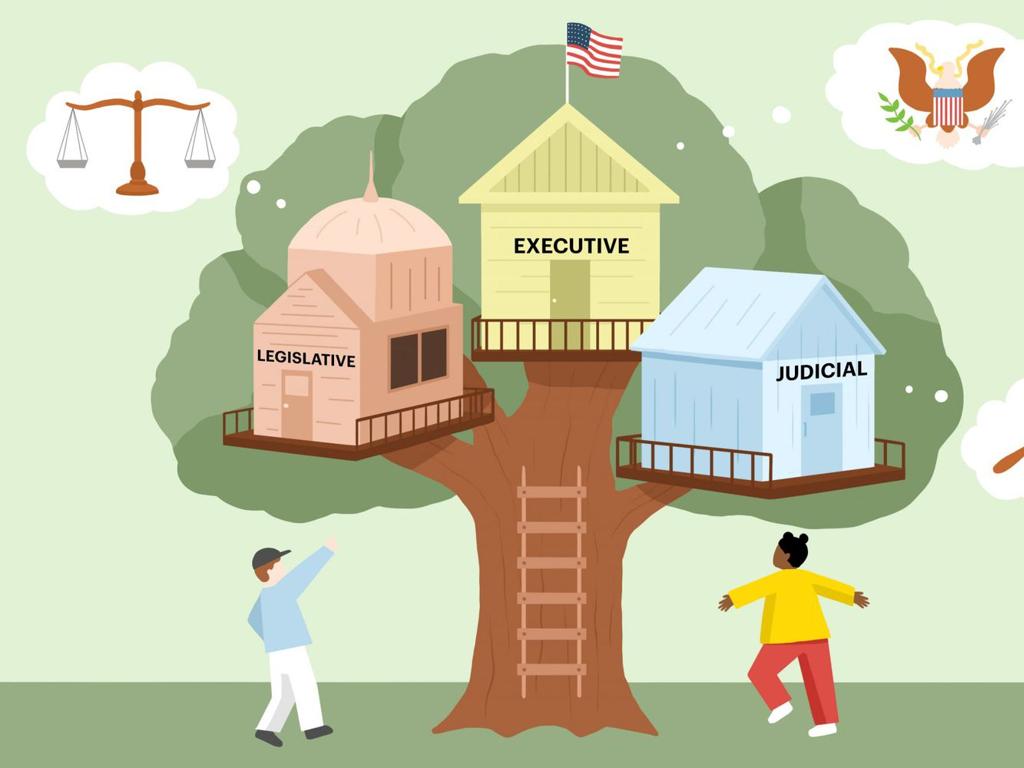Jacksonian Democracy
Subject: Social studies
Grade: Seventh grade
Topic: The Jacksonian Period
Please LOG IN to download the presentation. Access is available to registered users only.
View More Content
Welcome to the Jacksonian Era!
– Explore the Jacksonian Period
– A transformative era in U.S. history from 1829-1837
– Learn about President Andrew Jackson
– Known for his populist approach and policies
– Understand Jacksonian Democracy
– A political movement toward greater democracy for the common man
– Discuss its impact on the U.S.
– Shaped the modern Democratic Party and expanded suffrage
|
This slide introduces students to the Jacksonian Era, a pivotal time in American history when Andrew Jackson was the President. Emphasize Jackson’s role as a leader who championed the rights of the ‘common man’ and sought to make government more inclusive. Jacksonian Democracy represents a shift towards greater democratic participation, which had a lasting influence on American politics. Highlight key concepts such as the expansion of suffrage, the spoils system, and Jackson’s approach to federal power. Encourage students to consider both the positive and negative aspects of Jackson’s presidency and how his policies still resonate in today’s political landscape.
Who Was Andrew Jackson?
– Andrew Jackson’s early life
– Born in poverty, orphaned as a teen
– His rise from humble origins
– Self-made lawyer, war hero
– Jackson before the presidency
– Served as a judge, general, and senator
– Impact on the common man
– Championed the rights of common people
|
Andrew Jackson, the seventh President of the United States, had a significant impact on American politics and society. Born to a poor family and orphaned as a teenager, Jackson’s early life was filled with hardship. Despite these challenges, he became a successful lawyer and a national war hero after the Battle of New Orleans during the War of 1812. Before his presidency, he also served as a judge, general, and senator. Jackson’s presidency was marked by his advocacy for the ‘common man’ and his role in shaping the modern Democratic Party. His story is an example of how someone can rise from humble beginnings to become a leader of a nation. In class, we will discuss how Jackson’s background may have influenced his policies and the era of Jacksonian Democracy.
Exploring Jacksonian Democracy
– Define Jacksonian Democracy
– A political movement championing greater democracy for the common man.
– Contrast with previous democracy
– Previously, democracy was more exclusive, favoring the elite.
– Expansion of voting rights
– More white males without property could vote.
– Jackson’s impact on democracy
|
Jacksonian Democracy represents a period of significant change in American political history, characterized by an increase in voter participation and the empowerment of the ‘common man.’ It’s essential to explain how Andrew Jackson’s presidency marked a departure from the elitist policies of his predecessors, opening up democratic processes. Highlight the key aspect of Jacksonian Democracy: the expansion of suffrage to white men without property, which was a substantial shift from previous voting rights restricted to property owners. Discuss the lasting effects of these changes on the American political landscape, ensuring students understand the broader implications of Jackson’s presidency on democracy.
Jacksonian Democracy in Action
– Examples of Jacksonian Democracy
– Expansion of voting rights, more elected offices
– ‘Common Man’ in politics
– Politics opened to more citizens, not just elites
– Federal power vs. states’ rights
– Jackson favored limited federal government
– Jackson’s political strategies
– Used veto power, opposed Bank of the U.S.
|
This slide aims to illustrate the key aspects of Jacksonian Democracy, a movement that significantly expanded the influence of the ‘common man’ in American politics. It includes examples such as the expansion of suffrage to all white men, not just property owners, and the increase in elected positions rather than appointed ones. Highlight how Jacksonian Democracy was characterized by a belief in the wisdom of the common people and how Andrew Jackson’s presidency reflected this by promoting greater participation in government. Discuss Jackson’s approach to federal power, emphasizing his support for states’ rights and his use of presidential veto power to shape policy, including his famous opposition to the recharter of the Bank of the United States. Encourage students to consider how these actions reflected the values of Jacksonian Democracy and how they continue to influence American politics today.
The Indian Removal Act of 1830
– Jackson’s Native American policy
– Aimed to relocate Native Americans to lands west of the Mississippi River
– Impact of the Indian Removal Act
– Led to the legal forced migration of thousands of Native Americans
– The Trail of Tears
– The difficult journey Native Americans faced to the designated Indian Territory
– Consequences of forced relocation
– Resulted in the loss of lives, culture, and heritage for many Native tribes
|
This slide delves into President Andrew Jackson’s controversial Indian Removal Act of 1830, which aimed to relocate Native American tribes living east of the Mississippi River to lands in the west. The policy had a profound impact, leading to the forced migration of thousands of Native Americans, most notably along the Trail of Tears, a harrowing journey that resulted in significant loss of life. Discuss the broader consequences of this act, including the cultural and heritage loss for the tribes, and the ethical implications of such a policy. Encourage students to reflect on the human cost of the act and its long-term effects on Native American communities.
The Bank War and Its Economic Impact
– Jackson’s fight against the national bank
– President Andrew Jackson challenged the Second Bank of the U.S., believing it had too much power.
– Why Jackson opposed the Second Bank
– Jackson argued the Bank was unconstitutional, favored the wealthy, and had undue political influence.
– Bank War’s economic consequences
– The conflict led to financial instability and contributed to the Panic of 1837.
– Understanding the broader impact
|
This slide delves into President Andrew Jackson’s vehement opposition to the Second Bank of the United States, which he viewed as an institution that held excessive power and was a threat to democracy. Jackson’s stance was rooted in his belief that the Bank favored the rich and interfered with politics. The Bank War, as it came to be known, had significant economic effects, including contributing to a period of financial panic and depression. It’s crucial for students to understand the broader implications of this event, as it showcases the tension between government control and economic freedom, a recurring theme in American history.
Jacksonian Democracy: Pros and Cons
– Advantages for the ‘Common Man’
– Expanded voting rights and more political participation
– Critiques of Jackson’s policies
– Controversial Indian Removal Act and Bank Veto
– Long-term political effects
– Introduced principles of the Democratic Party
– Balance of pros and cons
– Weighing Jackson’s impact on democracy and policy
|
This slide aims to present a balanced view of Jacksonian Democracy, highlighting both the positive and negative aspects. Emphasize how Jacksonian Democracy expanded suffrage to more white males, which was seen as a victory for the ‘Common Man’. However, it’s crucial to discuss the critiques, particularly Jackson’s role in the Indian Removal Act and his opposition to the national bank, which had significant and controversial impacts. The long-term effects include the solidification of the Democratic Party and the two-party system. Encourage students to think critically about how Jackson’s policies and actions have shaped American politics and to consider both the advantages and disadvantages of his presidency.
Class Activity: Debating Jacksonian Democracy
– Divide class into two groups
– Proponents and opponents prepare arguments
– Use facts from today’s lesson for debate
– Present arguments to the class
– Conclude with a class vote
– Which side made a stronger case? Majority decides
|
This activity is designed to engage students with the concept of Jacksonian Democracy by having them actively participate in a debate. Split the class into two groups, proponents and opponents. Give them time to prepare arguments using information from today’s lesson. Encourage them to consider the social, political, and economic aspects of Jacksonian Democracy. After presentations, hold a class vote to see which perspective was more convincing. This will help students better understand the complexities of the era and the differing viewpoints on Jackson’s policies. Possible activities for different students could include researching historical figures, preparing visual aids, or writing a brief essay on their assigned perspective.






